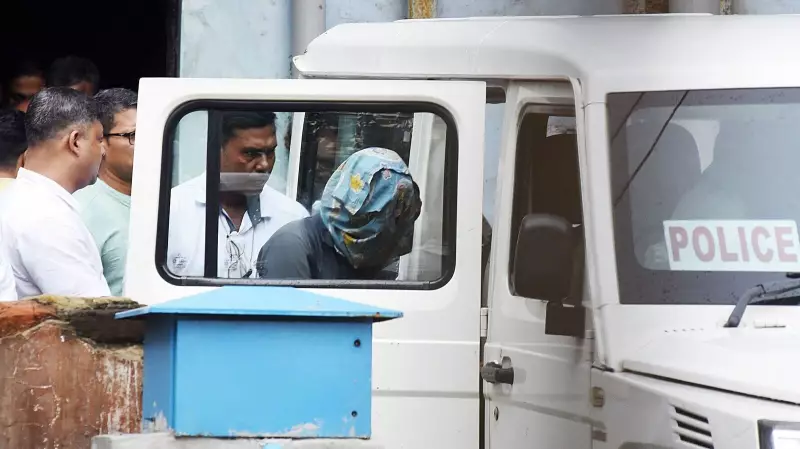
As Delhi continues to grapple with hazardous air quality levels, a political storm has erupted with shocking allegations from BJP leader Manjinder Singh Sirsa. The politician has dropped a bombshell claim that could reshape the narrative around the capital's annual pollution crisis.
The Explosive Allegation
Manjinder Singh Sirsa, a prominent BJP figure, has directly accused the Aam Aadmi Party of actively encouraging and even forcing farmers in Punjab to engage in stubble burning. This agricultural practice has long been identified as a major contributor to the toxic smog blanketing North India during winter months.
"The AAP government is deliberately pushing farmers toward crop residue burning," Sirsa stated emphatically during his press conference. His allegations suggest a calculated political move rather than mere agricultural necessity.
Deepening Political Divide
The accusation comes at a critical time when Delhi's Air Quality Index (AQI) has consistently hovered in the 'severe' category, prompting school closures and health advisories. What was once primarily an environmental concern has now transformed into a full-blown political battlefield.
Sirsa didn't mince words when he claimed that "AAP's intentions are clear - they want to create an environmental crisis in Delhi to blame the central government." This represents a significant escalation in the ongoing war of words between the ruling parties at the center and in Punjab.
Farmers Caught in Crossfire
Behind the political rhetoric lies the complex reality of Punjab's agricultural community. Farmers often resort to stubble burning as a quick, cost-effective method to clear fields for the next planting season. However, the practice has devastating consequences for air quality across northern states.
The allegations raise serious questions about whether farmers are becoming pawns in a larger political game, with their livelihoods and practices being manipulated for electoral gains.
Environmental Emergency
Meanwhile, Delhi residents continue to suffer the consequences of the deteriorating air quality. Hospitals report increasing cases of respiratory illnesses, visibility remains poor, and the general public faces serious health risks from prolonged exposure to polluted air.
The situation has become so dire that emergency measures, including restrictions on vehicle use and construction activities, have been implemented across the National Capital Region.
As the political blame game intensifies, the people of Delhi are left wondering when concrete solutions will emerge from the smoke of allegations and counter-allegations. The only certainty appears to be that the air isn't the only thing that's toxic in the current political climate.






